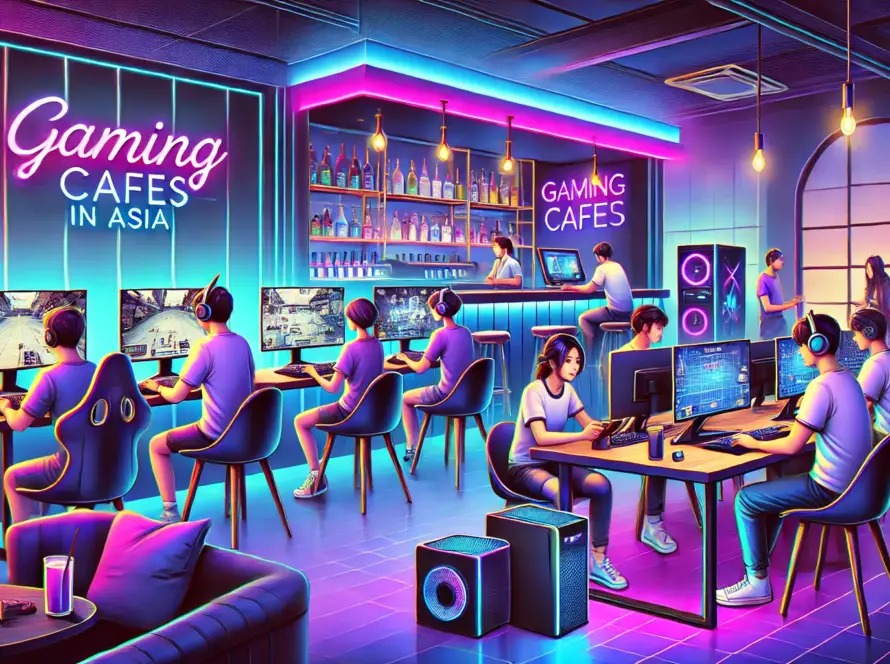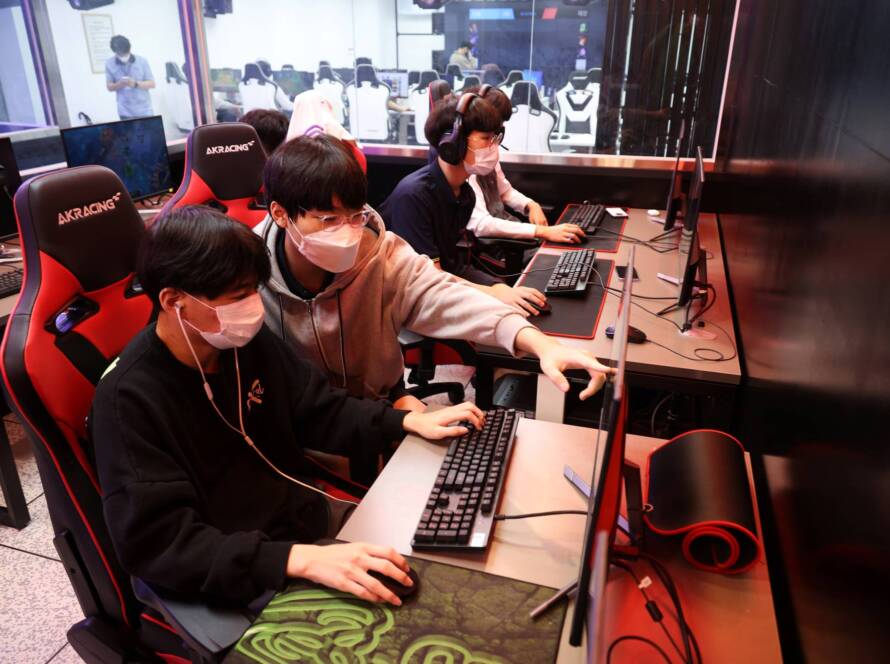As esports continues to rise in prominence, the conversation around mental health awareness has become increasingly vital. The intense pressure to perform, long hours of practice, and public scrutiny can take a significant toll on esports players. Recognizing and addressing mental health challenges is essential for fostering a healthier, more sustainable esports culture.
In this blog, we’ll explore the impact of mental health on esports, the efforts to promote awareness, and the steps needed to support players and teams.
Join Club99 Now – Your Gateway to Unmatched Gaming Excitement!
Why Mental Health Matters in Esports
1. High-Stakes Competitions
Esports players operate in a high-pressure environment where every match counts. The expectation to consistently deliver top-tier performances can lead to stress, anxiety, and burnout.
2. Long Hours and Fatigue
The demands of training and competing often result in extended hours in front of screens, leading to mental fatigue and physical strain.
3. Public Scrutiny
Esports athletes face constant judgment from fans, teammates, and the media, which can impact their self-esteem and overall well-being.
4. Short Career Span
With many esports players peaking in their early 20s, the fear of an uncertain future can exacerbate mental health challenges.
Challenges Faced by Esports Players
1. Burnout
Continuous practice and travel schedules can lead to burnout, reducing performance and motivation.
2. Social Isolation
The solitary nature of esports training often leaves players disconnected from friends and family, contributing to feelings of loneliness.
3. Performance Anxiety
The pressure to win, especially in major tournaments, can trigger anxiety and affect gameplay.
4. Toxic Gaming Culture
Online harassment, toxic teammates, and hostile fan interactions can take a toll on mental health.
How the Esports Industry Is Addressing Mental Health
1. Inclusion of Sports Psychologists
Leading esports organizations are hiring mental health professionals to support players. These psychologists help players develop coping strategies, build resilience, and maintain focus during competitions.
2. Awareness Campaigns
Campaigns like Riot Games’ Mental Health Awareness Month and initiatives from organizations like Take This are educating players and fans about mental health.
3. Wellness Programs
Teams are introducing wellness programs that include:
- Regular mental health check-ins.
- Balanced schedules to reduce overwork.
- Guided relaxation sessions to manage stress.
4. Encouraging Open Conversations
Prominent players like Faker and Bugha have openly discussed mental health, reducing stigma and encouraging others to seek help.
The Benefits of Prioritizing Mental Health in Esports
1. Improved Performance
Players who are mentally fit can focus better, make smarter decisions, and recover more quickly from setbacks.
2. Longer Careers
Supporting mental health can help players avoid burnout, extending their careers and preserving their love for the game.
3. Positive Team Dynamics
A mentally healthy team communicates better, supports one another, and performs cohesively.
4. Stronger Fan Engagement
When fans see players thriving both on and off the stage, it fosters a more positive perception of esports culture.
Steps to Build a Healthier Esports Culture
1. Education and Training
- Educate players, coaches, and team managers on the importance of mental health.
- Train teams to recognize early signs of mental health issues.
2. Promote Work-Life Balance
- Encourage players to take breaks, pursue hobbies, and maintain social connections outside of gaming.
- Implement structured schedules that prioritize rest and recovery.
3. Provide Access to Resources
- Offer counseling services and access to therapists or psychologists.
- Create partnerships with mental health organizations to provide support for players and teams.
4. Combat Toxicity in Gaming
- Enforce stricter rules against harassment in online gaming communities.
- Promote positive gaming behavior through campaigns and community initiatives.
Mental Health as a Priority for Esports’ Future
As esports evolves, addressing mental health must remain a priority. Players are the backbone of the industry, and their well-being is essential for its growth and success. By fostering a culture of awareness and support, esports can become a beacon for how industries can integrate mental health into their frameworks.
Whether you’re a player, fan, or organization, taking steps to prioritize mental health is a win for everyone. Let’s work together to build a healthier, more inclusive esports community.


